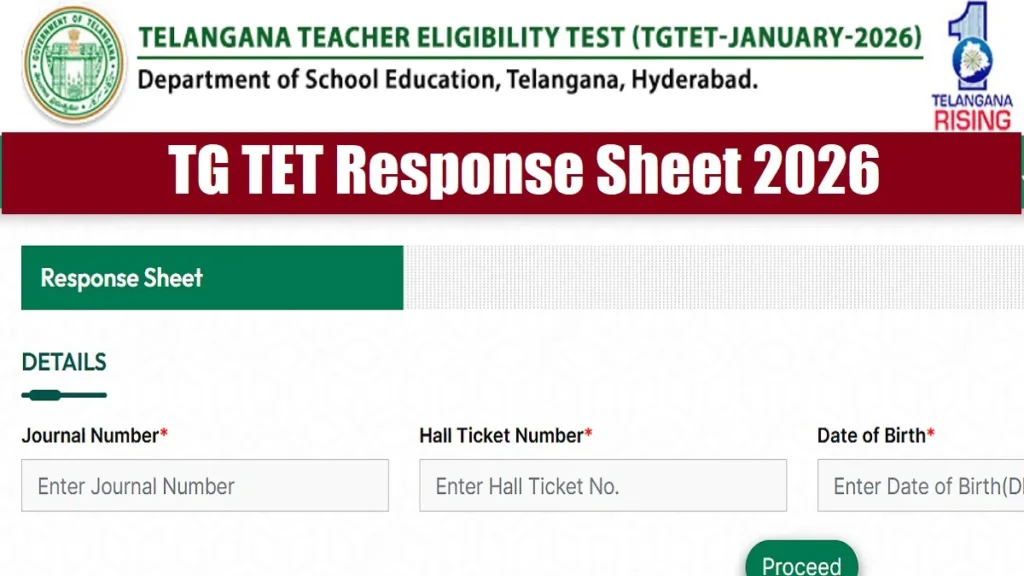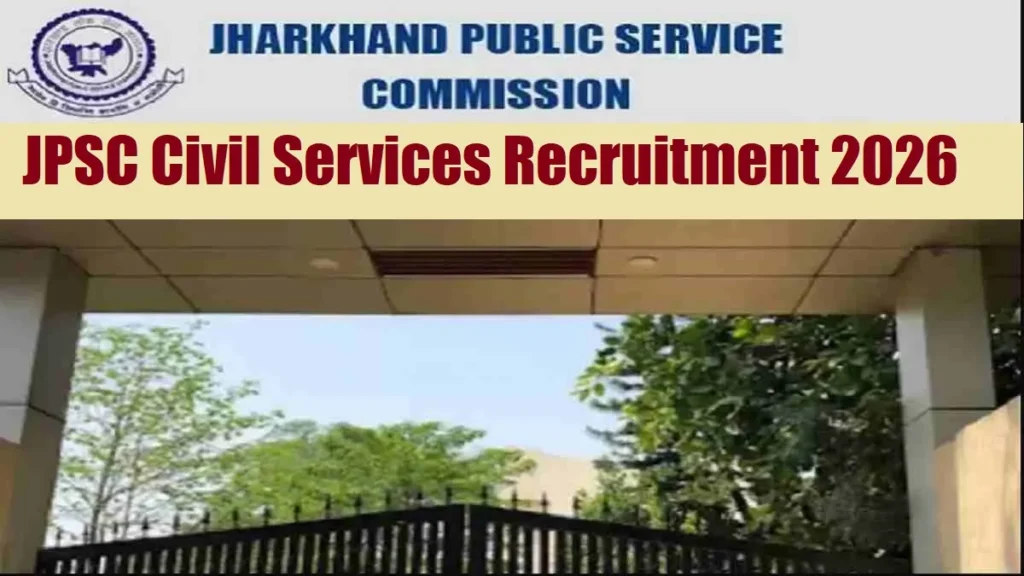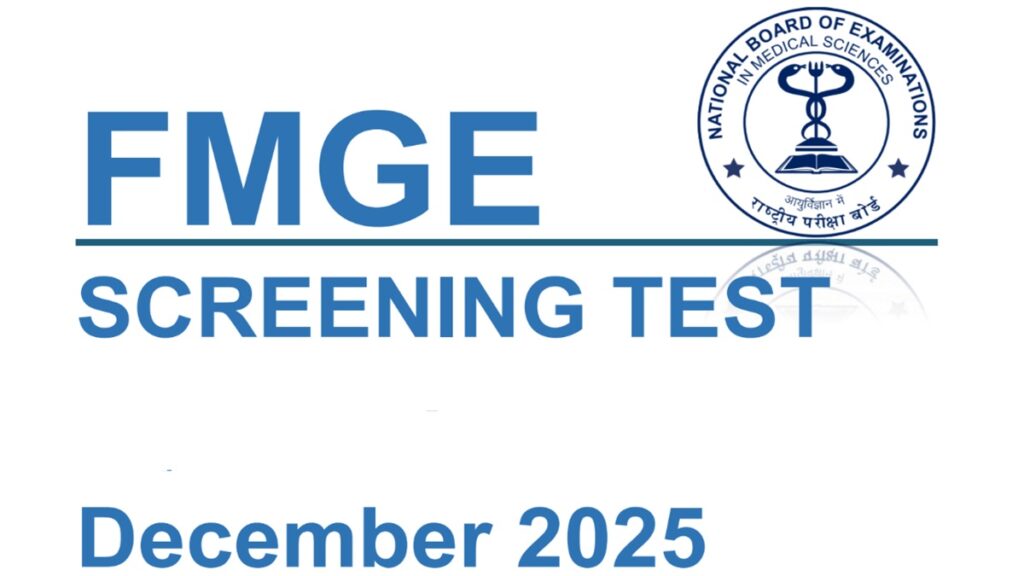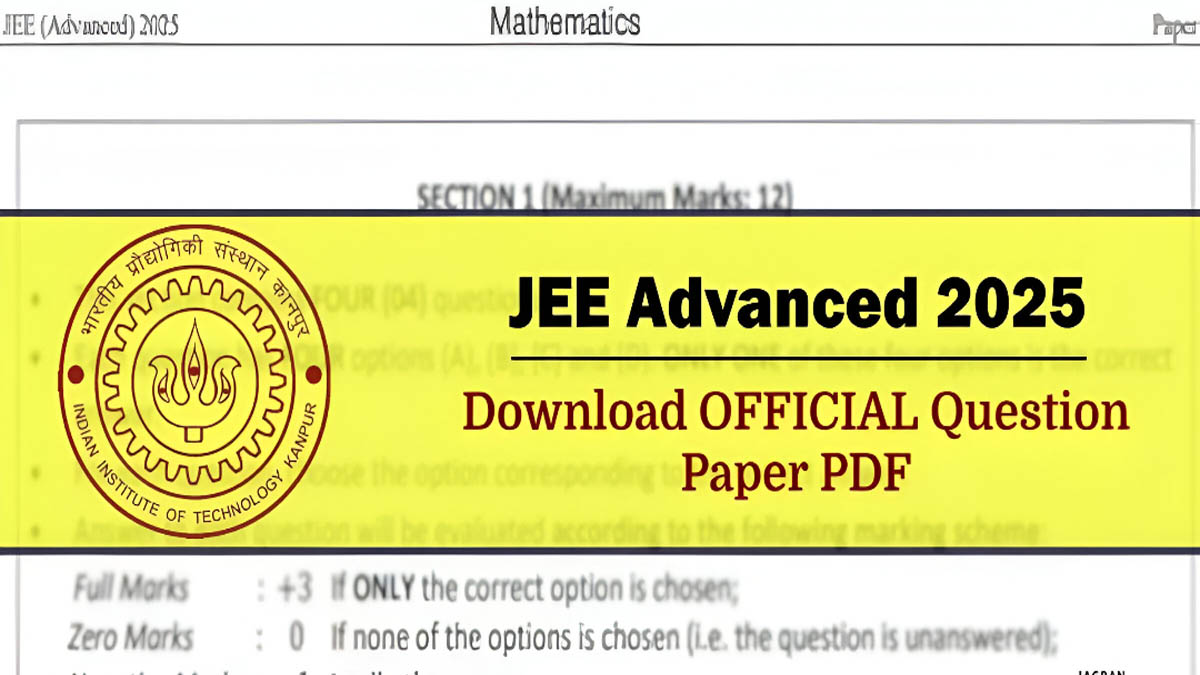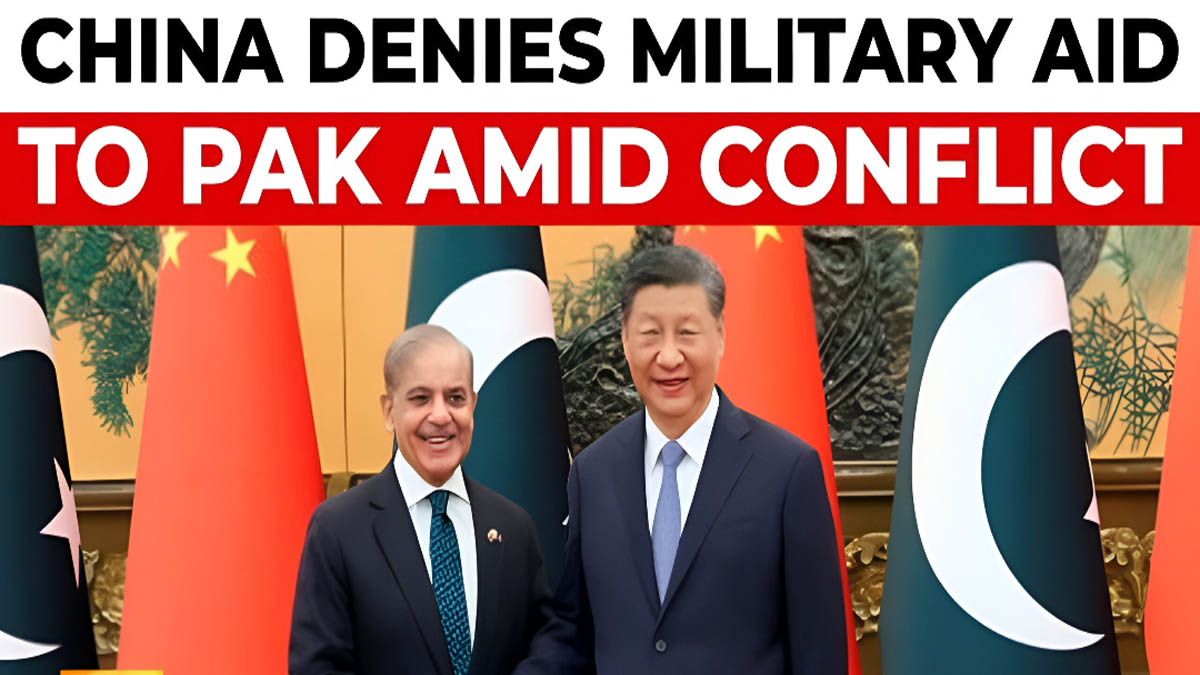Now Reading: Professor’s Arrest Over Op Sindoor Post: Congress Alleges Identity Bias
1
-
01
Professor’s Arrest Over Op Sindoor Post: Congress Alleges Identity Bias
Professor’s Arrest Over Op Sindoor Post: Congress Alleges Identity Bias
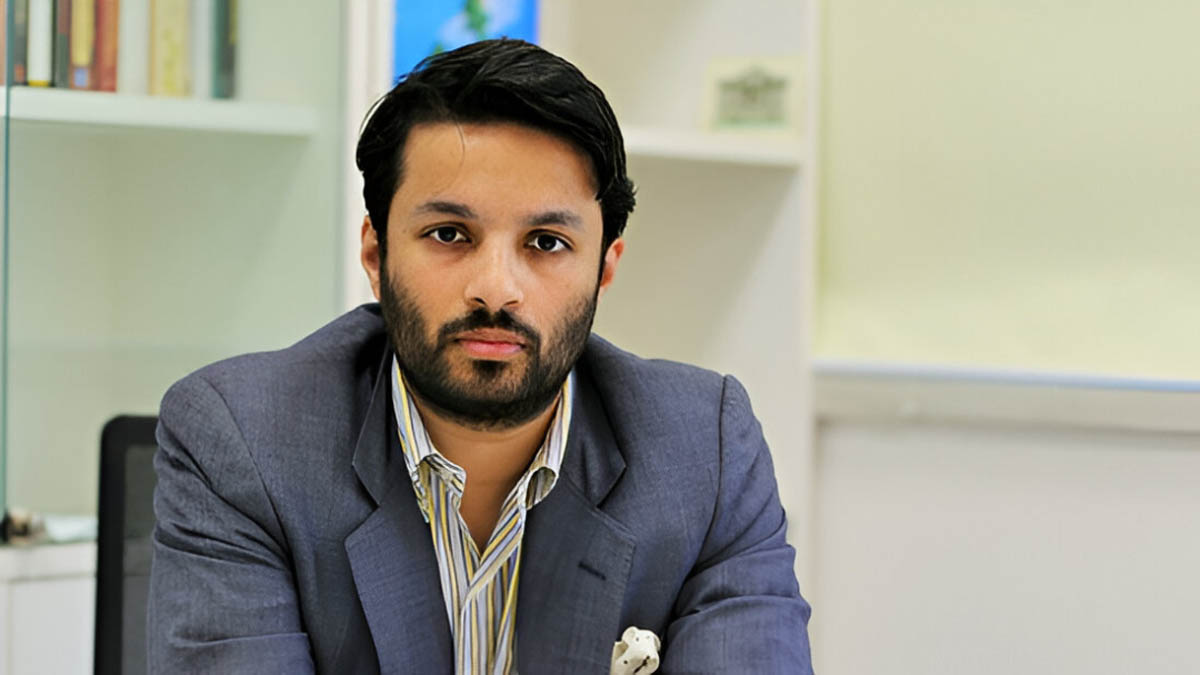
Professor Arrest Over Op Sindoor Post
The arrest of Professor Ali Khan Mahmudabad, an academic at Ashoka University, over his social media posts concerning “Operation Sindoor” has ignited a wave of political reactions, with the Congress party alleging that his identity is a key factor in the authorities’ actions.
Here’s a breakdown of the situation:
- The Arrest and Allegations:
- Professor Mahmudabad was arrested following social media posts related to “Operation Sindoor,” which drew criticism and led to the filing of FIRs against him.
- Congress leaders, notably Pawan Khera, have strongly condemned the arrest, asserting that the professor’s “mistake is his name.” This statement implies that his Muslim identity has played a role in the severity of the response from authorities.
- The congress party has also stated that, there are double standards being used by the ruling government, and that people from the ruling party are able to say things that are far more inflamatory, without any legal repercussions.
- The Context of the Posts:
- Professor Mahmudabad’s posts reportedly addressed the optics of the military operation’s media briefings, and he also made comments that called for equal protection of all indian citizens, including those that are victims of mob violence.
- Some of the complaints filed against the professor, have stated that his statements were, “endangering sovereignty and integrity” of the nation.
- The Haryana state commision for women, also filed a complaint against the professor.
- Political Repercussions:
- The arrest has become a focal point for opposition parties, who are raising concerns about freedom of speech and the potential for selective enforcement of laws.
- The Congress party, and other opposition parties, are stating that this is an example of the nations, democratic values being eroded.
- There are also statements being released by academic professionals, that are condemning the arrest, and stating that the arrest is an attack on academic freedoms.
The situation has developed into a complex interplay of legal, political, and social issues, raising questions about the balance between national security, freedom of expression, and the potential for biases within the legal system.

